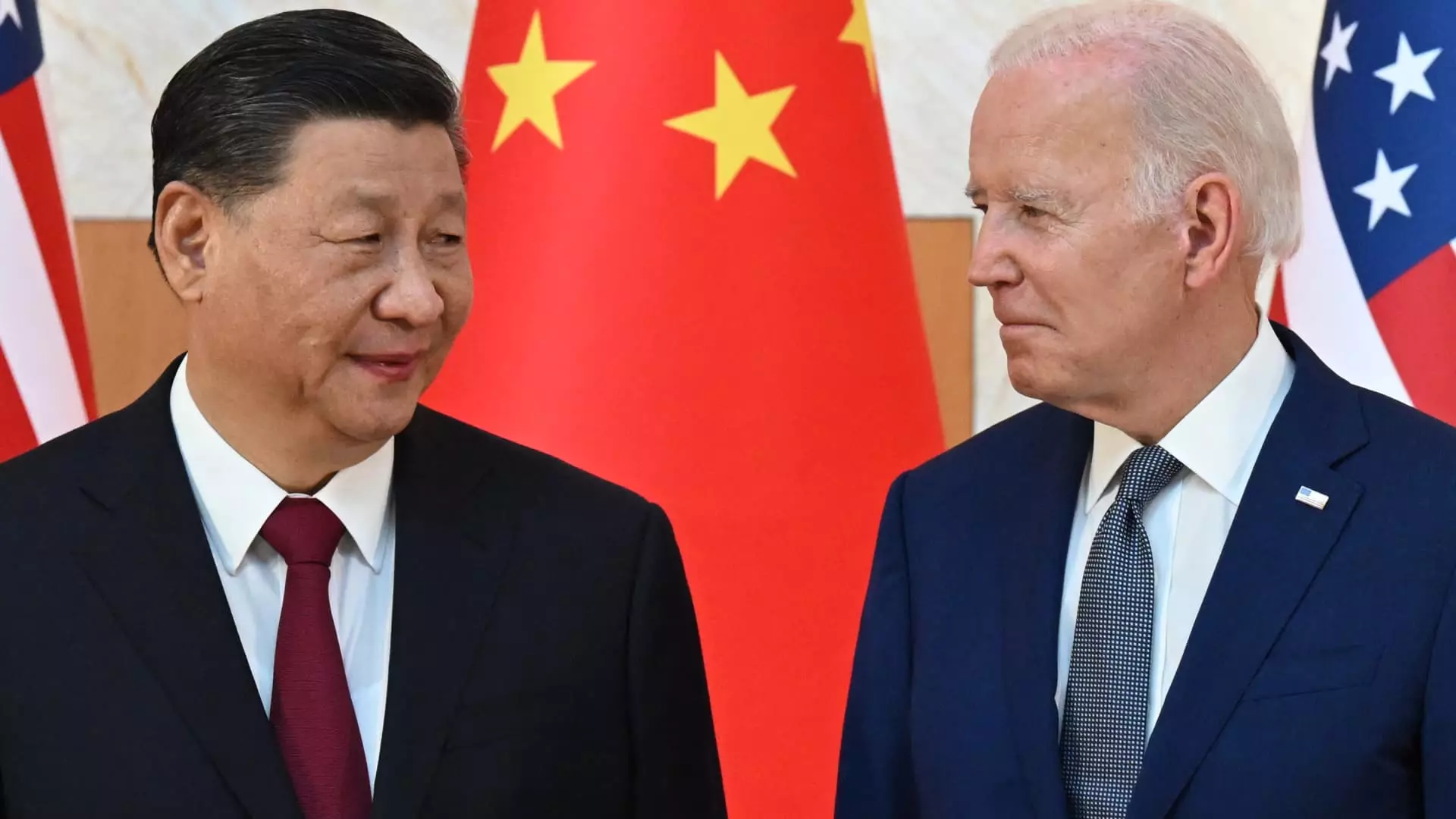President Joe Biden’s recent call to triple the China tariff rate on steel and aluminum imports is a clear indication of his administration’s stance on addressing China’s trade practices. The visit to the United Steelworkers headquarters in Pittsburgh and the demand to raise the current tariff rate highlight Biden’s commitment to protecting American industries from unfair competition.
During a recent visit to China, Treasury Secretary Janet Yellen expressed concerns about Chinese subsidies creating an oversupply of clean energy products like solar panels and electric vehicles. The worry is that this overcapacity could lead to dumping on global markets at artificially lower prices, thereby stifling competition. Despite these concerns, Chinese officials have denied the allegations of overcapacity, attributing the supply to constant innovations rather than government subsidies.
The Biden administration is firm in its belief that China’s policy-driven overcapacity poses a serious risk to the American steel and aluminum industry. National Economic Council Director Lael Brainard emphasized the threat posed by China’s exports and the need to address them to protect American industries and jobs. The administration’s efforts to address these threats come at a time when the U.S. is trying to balance election-year politics with economic concerns and geopolitical issues.
While Biden is navigating a delicate balance between election-year politics and the fragile state of the U.S. economy, his decision to escalate tariff rates on China reflects his administration’s commitment to protecting American industries. The move also signals a desire to maintain a tough stance on China, especially in light of competition for blue-collar workers’ votes against former President Donald Trump. However, the potential economic repercussions of increased tariffs, such as higher manufacturing costs and consumer prices, are factors that cannot be ignored.
Despite concerns about potential inflation resulting from increased tariffs, Biden’s administration has rejected the notion that tariff hikes would lead to higher inflation. The focus is on protecting American jobs and industries, rather than exacerbating inflation. The administration aims to convey the message that residual inflation is not primarily driven by goods, and therefore, tariff hikes should not significantly impact inflation.
In addition to the tariff rate increase, Biden is also opposed to the proposed sale of U.S. Steel to Japan’s Nippon Steel. The administration’s stance is clear – U.S. Steel should remain domestically owned and operated to safeguard American interests and jobs. This opposition to foreign ownership reflects a broader strategy to protect American industries and maintain control over critical sectors of the economy.
President Biden’s call to triple the China tariff rate on steel and aluminum imports is a strategic move to address unfair trade practices and protect American industries. While there are concerns about potential economic repercussions and inflation, the administration is focused on safeguarding American jobs and industries in the face of global competition. Biden’s stance on maintaining a tough approach towards China and opposing foreign ownership of American companies underscores the administration’s commitment to prioritizing domestic interests and economic security.

Leave a Reply